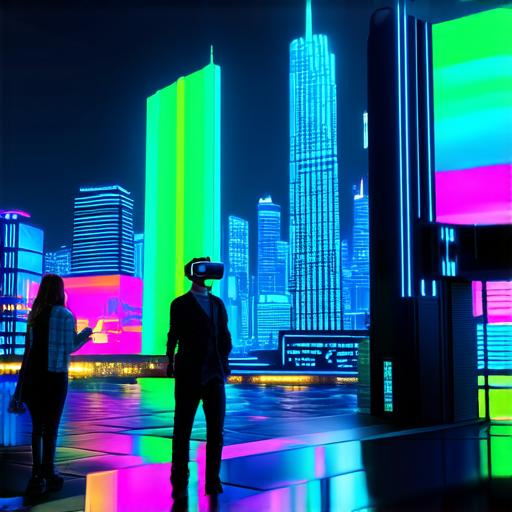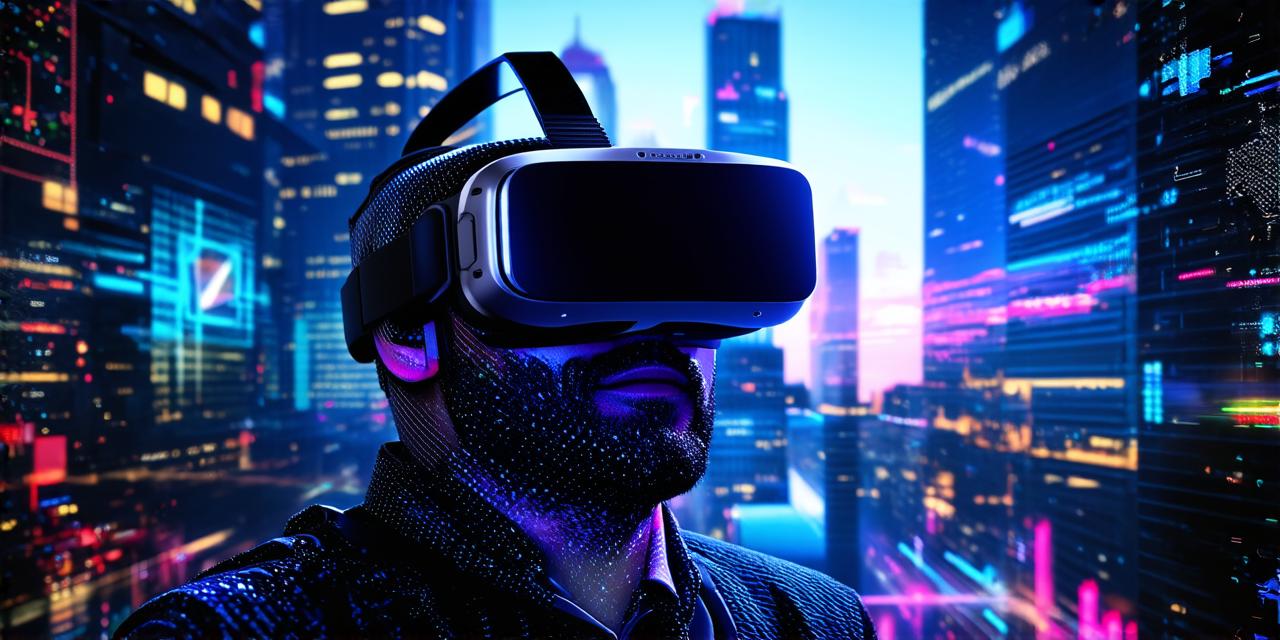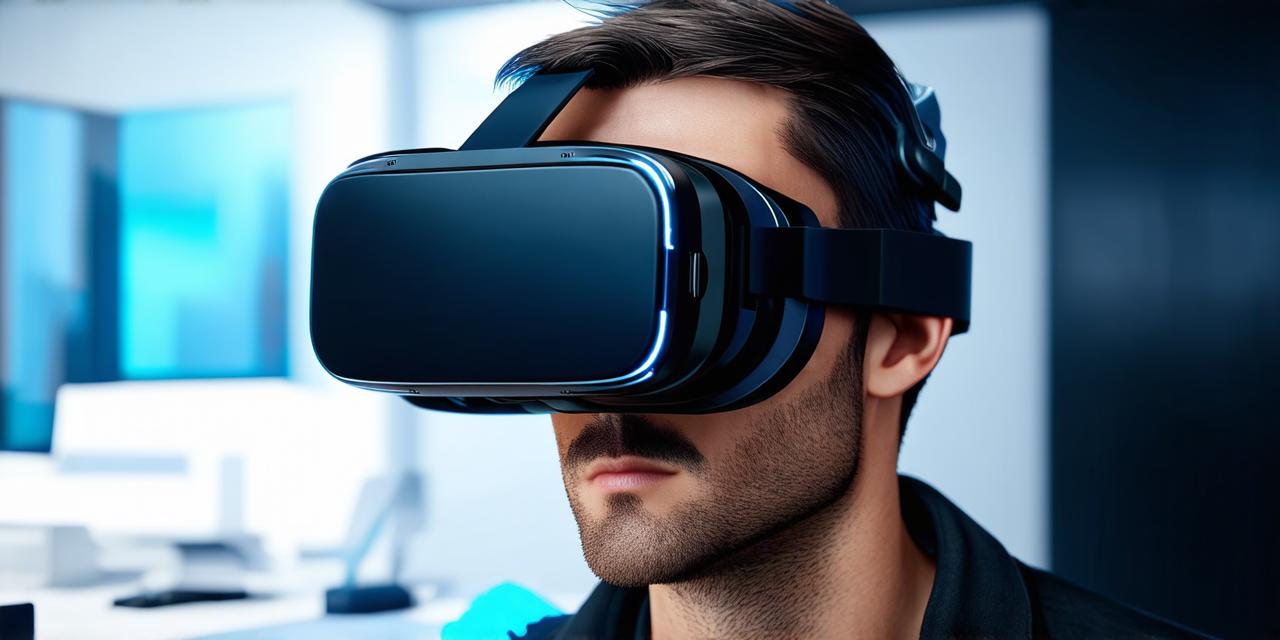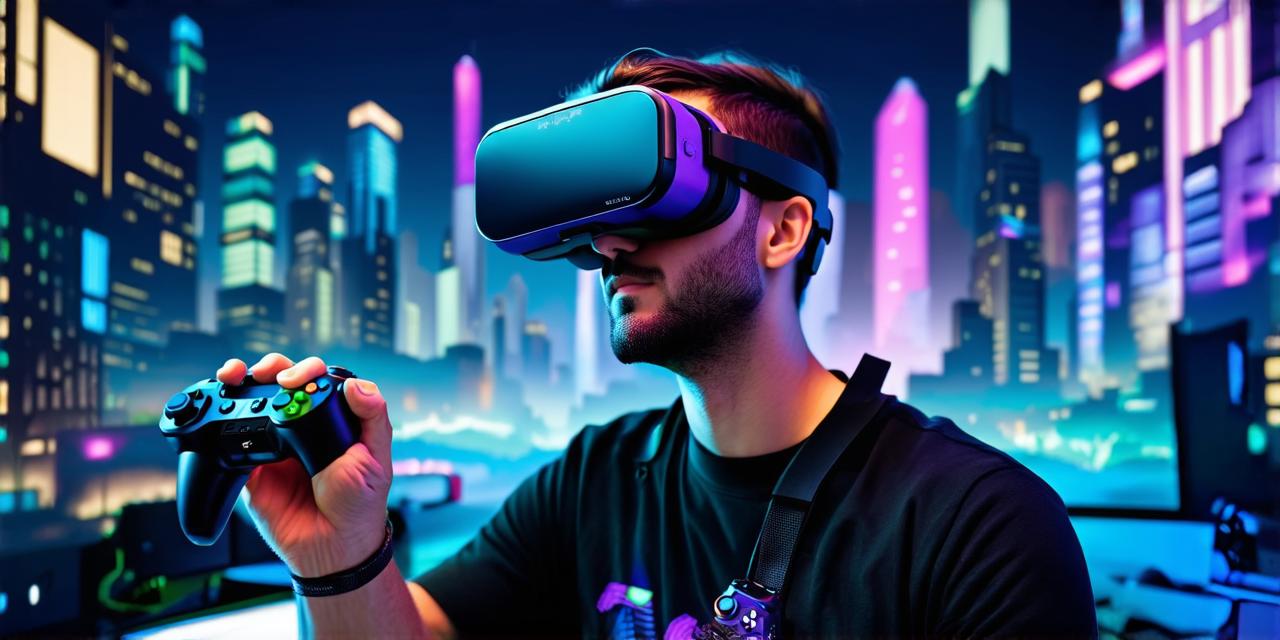Virtual reality (VR) is a rapidly growing technology that has already begun to transform several industries, including gaming, education, and healthcare.
Immersive Communication
One of the most exciting potential uses for VR is immersive communication. With VR, users can create virtual environments that allow them to interact with each other in a whole new way. For example, instead of video conferencing, people could meet in a virtual office or living room to conduct business or socialize. This would allow for more realistic and engaging interactions than traditional methods, and it could also help bridge the gap between people who live far apart.
Immersive Entertainment
VR has already revolutionized the gaming industry, allowing players to fully immerse themselves in virtual worlds and experience games in a way that was previously impossible. This technology will continue to expand beyond gaming, as more and more companies develop new ways for people to experience immersive entertainment. For example, VR could be used to create virtual concerts, where fans can watch and interact with their favorite artists from the comfort of their own homes.
Immersive Education
Virtual reality has the potential to revolutionize education by providing students with immersive learning experiences that are more engaging and interactive than traditional methods. With VR, students could take virtual field trips to different parts of the world, explore historical events in a whole new way, or even practice surgical procedures in a safe and controlled environment. These immersive experiences could help make learning more enjoyable and effective for students of all ages.
Immersive Workplaces
Virtual reality will also transform the workplace by allowing employees to work in virtual environments that are more efficient and productive than traditional office spaces. For example, workers could use VR to collaborate with colleagues from different parts of the world, or to train for dangerous jobs without putting themselves at risk. This technology could also help reduce costs associated with maintaining physical offices, such as rent and utilities.

Immersive Shopping Experiences
Finally, virtual reality will transform the shopping experience by allowing consumers to shop from the comfort of their own homes in virtual environments that mimic real-world stores. This would allow for a more realistic and engaging shopping experience, as well as greater convenience and flexibility for consumers. With VR, people could also try on clothes or furniture virtually, which could help reduce returns and improve the overall shopping experience.
In conclusion, virtual reality has the potential to transform our everyday experiences in ways that we have only just begun to imagine. From immersive communication and entertainment to immersive education and workplaces, this technology will continue to revolutionize how we interact with each other and with the world around us. As VR continues to evolve and become more accessible, it will likely have an even greater impact on our lives in the years to come.



